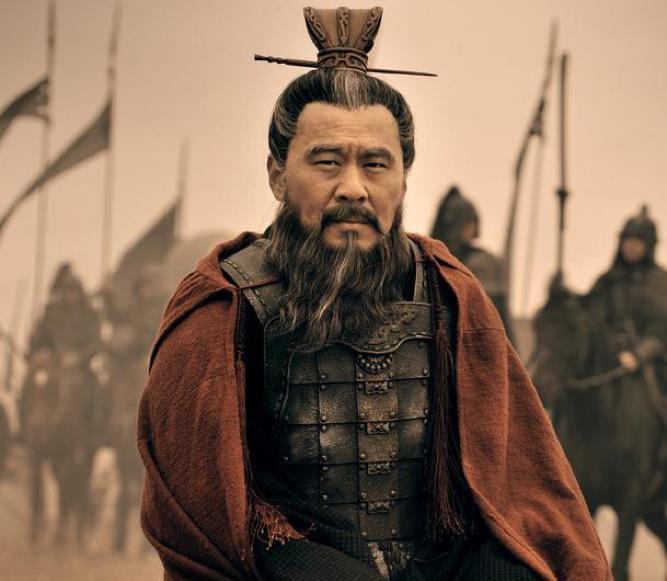At the end of the Eastern Han Dynasty, the country was in turmoil, Haojie was everywhere, and warlords rose up one after another to divide one side. In that era of constant war and chaos, you are fighting for each other, only by holding the military power can you gain a stable foothold, and then you are eligible to compete with the heroes of the world. The Cao Cao we are familiar with had several brothers or nephews from the clan come to defect at the beginning of the army, including the famous Cao Ren, Cao Hong, Xiahou Huan, Xiahou Yuan, and others
。 And these people did not come empty-handed, they also brought thousands of private soldiers of the clan.

First of all, we must sort out the relationship between these large groups of people who came to Cao Cao or people with the surname Cao Cao or xiahou, and what their relationship with Cao Cao was. First of all, cao cao's grandfather Cao Teng, Cao Teng was a eunuch and had no children, but he found a person from the Xiahou clan to inherit a child as his son, named Cao Song, that is, Cao Cao's father. Then Cao Teng also had a nephew Cao Chi, cao Chi gave birth to two sons named Cao Ren and Cao Chun, and a nephew named Cao Hong.
Therefore, nominally all three of them were Cao Cao's brothers, but they were not actually related to Cao Cao. On the Xiahou side, Cao Song's biological father was xiahou Huan and Xiahou Yuan's grandfather, so the two xiahou brothers were cao cao's blood brothers.
Cao Cao's grandfather Cao Teng was the first red man around the emperor at that time, and he was also the top level among eunuchs, and he knew how to choose, did not excessively pursue power, and finally was named the Marquis of Feiting, starting and ending well. His successor son Cao Song (曹嵩) attacked the Marquis of Feiting , the rank of Grand Duke , and was ranked third duke , of course , which was indispensable to Cao Teng's secret operation. With such a family lineage, even if the next descendant is a "pig", he can also move in the official arena by virtue of his relationship, and the government and the opposition at that time were already very dim, in addition to the fierce dispute between foreign relatives and eunuchs, the official positions of the Han were also clearly marked for sale. When it came to Cao Cao, if it were not for the chaotic world, Cao Cao's career should also be smooth sailing, and in the end he would also be an extremely popular subject.
Therefore, although the power of the Cao family at that time was not as good as that of the yuan family, the fourth and third dukes, it was also a famous and prestigious family, and the family was rich.
According to historical records, The Xiahou clan born by Cao Cao was a descendant of Xiahou Bao, but it is not known whether it is true or not. The Xiahou clan had been rooted in Peichen for a long time, and their clan power was growing day by day. It just so happens that the Cao clan also settled in Peichen, which may also be the reason why the two clans are close. If it is true that, as recorded in the historical records, Cao Cao was born in the Xiahou clan, then it is a good explanation that both the Xiahou clan and the Cao clan sent young sons of the clan to join Cao Cao in the army.
The reform of the conscription system in the Eastern Han Dynasty greatly weakened the local military strength, and it was difficult to ensure the property safety of landlords and nobles. In order to resist the bandits and bandits, many fortress-like buildings began to be built in the Central Plains, forming a unique manor economy, while the more powerful clans recruited their own domestic servants to defend their farmland and manors, trained and armed them, and over time formed private soldiers.
Therefore, given the size of the two clans of the Cao clan and the Xiahou clan, whether they were investing in Cao Cao or other purposes, it would not be very difficult to draw thousands of people from the captive family soldiers of their own clan to support Cao Cao's "cause".